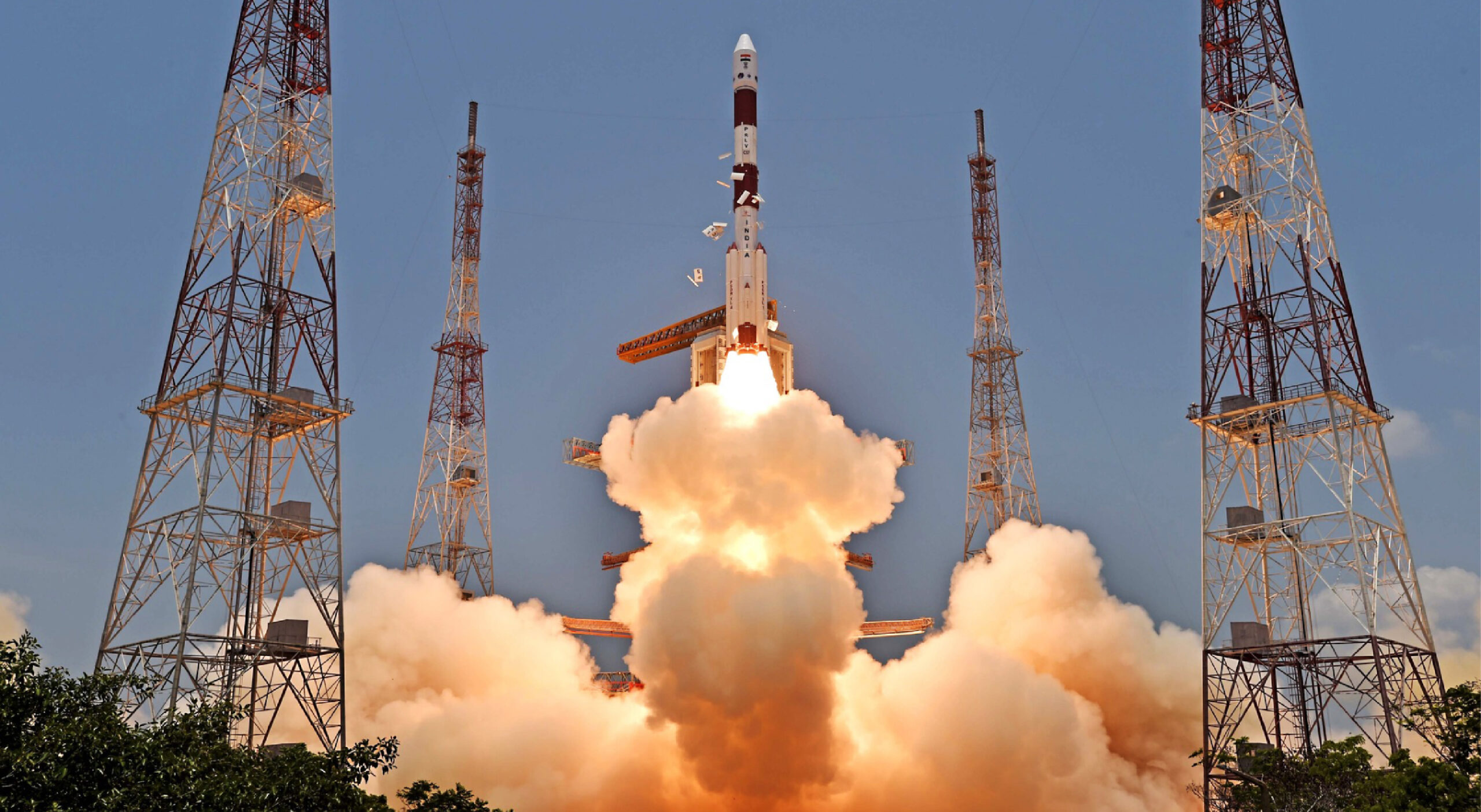ISRO’s PSLV Achieves Zero Orbital Debris Mission with POEM-3
- ByStartupStory | March 26, 2024

Indian Space Research Organisation (ISRO) has achieved a significant milestone in space exploration. On March 21, 2024, the Polar Satellite Launch Vehicle (PSLV) Orbital Experimental Module-3 (POEM-3) successfully completed its mission, leaving practically zero debris in orbit.
The culmination of this mission marks a crucial step forward in sustainable space exploration practices, addressing concerns about orbital debris that pose threats to future space activities, including satellite launches and human spaceflight missions.
The PSLV-C58/XPoSat mission, which commenced on January 1, 2024, showcased exceptional innovation and engineering prowess. After deploying all satellites into their designated orbits, the terminal stage of the PSLV was repurposed into the POEM-3, a 3-axis stabilized platform. This stage was meticulously de-orbited from 650 km to 350 km, significantly reducing the risk of accidental break-ups, and then passivated to eliminate residual propellants.
Equipped with a total of nine experimental payloads, including six delivered by NewSpace India Limited (NSIL) through IN-SPACe, POEM-3 served as a cost-effective platform for conducting diverse technology demonstrations and scientific experiments. These experiments, ranging from electric thrusters to satellite dispensers and star-tracking, were successfully carried out within a month, fulfilling the mission’s objectives.
The controlled descent of the upper stage, under the influence of natural forces such as atmospheric drag, culminated in the impact of the module (NORAD ID 58695) into the North Pacific Ocean on March 21, 2024, at 14:04 UTC.
The development and realization of POEM-3 were spearheaded by the Vikram Sarabhai Space Centre (VSSC), augmenting the fourth stage of the PSLV. With PSLV-C58/XPoSat being the third successful mission in the series, ISRO has demonstrated its commitment to providing a reliable platform for academia, startups, and NewSpace Generation Enterprises (NGEs) to conduct space-borne experiments.
The mission operations were efficiently managed by the spacecraft operations team from the mission operations complex (MOX) at ISTRAC. ISRO’s System for Safe and Sustainable Spacecraft Operations Management (IS4OM) monitored and analyzed the orbital decay of POEM-3, ensuring a safe conclusion to the mission. Ground stations including ISTRAC and the Multi-Object Tracking Radar (MOTR) at Shriharikota played crucial roles in tracking the module until its re-entry.
As space debris emerges as a growing concern, ISRO reaffirms its commitment to mitigating this threat through the development and implementation of advanced debris tracking systems, space-object deorbiting technologies, and responsible satellite deployment practices. By safeguarding orbital environments, ISRO aims to ensure the sustainability of space activities for current and future endeavors.
The success of the PSLV-C58/XPoSat mission underscores India’s growing prowess in space exploration and its dedication to fostering a safer and more sustainable space environment for all.









